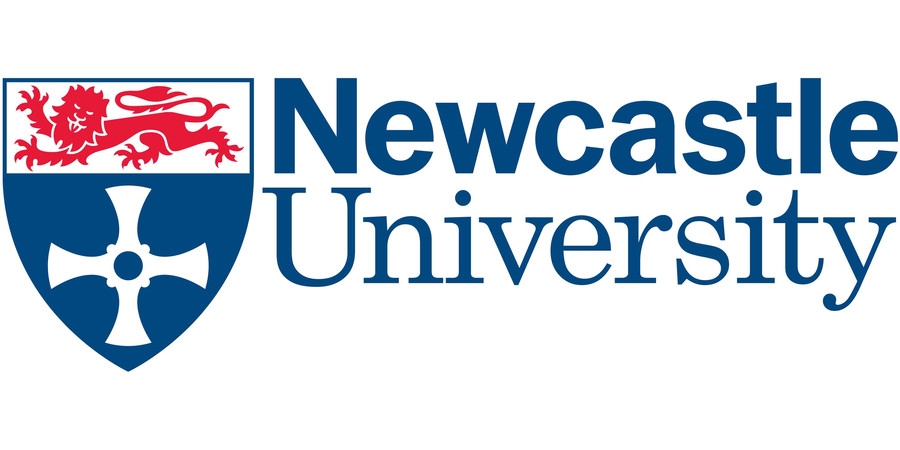Research Associate in Poultry Welfare
Newcastle University - Faculty of Medical Sciences
| Location: | Newcastle upon Tyne |
|---|---|
| Salary: | £35,116 to £45,413 per annum. |
| Hours: | Full Time |
| Contract Type: | Fixed-Term/Contract |
| Placed On: | 28th July 2025 |
|---|---|
| Closes: | 11th August 2025 |
| Job Ref: | 28427 |
We are a world class research-intensive university. We deliver teaching and learning of the highest quality. We play a leading role in economic, social and cultural development of the North East of England. Attracting and retaining high-calibre people is fundamental to our continued success.
The Role
We are looking for a Post-Doctoral Research Associate to investigate the mechanisms and conditions that lead to higher stress resilience in laying hens. Although hen welfare is the main target of the research, the mechanisms discovered may be applicable to other species as well, including humans. A large part of the role is to process chicken brain tissue for immunohistochemistry and to work with bio-imaging experts on automating the quantification of doublecortin-positive cells in the hippocampus. You will work in an international network with collaborators in the UK, the Netherlands, Belgium, France, and Switzerland. You will spend at least 2 periods of 2 whole months in Switzerland to collect brain tissue and conduct stress resilience experiments. Good data analysis and writing skills are crucial to publish the results from the research.
The HenCare project is funded by the European Partnership for Animal Health and Welfare, and takes advantage of an ongoing research project in Switzerland investigating the genetics of space use in cage-free laying hens (HenTrack). In collaboration with Hendrix Genetics, one of the world’s largest laying hen breeding companies, HenCare will investigate the sources of individual differences in stress resilience in two strains of laying hens. We will especially investigate the genetic basis of different measures of stress resilience and markers of cumulative stress experiences. In addition, the project will investigate whether having different kinds of social networks increase stress resilience. The final aspect of the project will aim to find automated behavioural markers of higher stress resilience. Newcastle University’s role in the consortium is to collect and process physiological and neural indicators of stress resilience and cumulative stress. There is also an additional project looking at the effects of dark brooder rearing on welfare and stress resilience, in collaboration with the Lakes Free Range Egg Co. Newcastle University leads the HenCare consortium in collaboration with KU Leuven (Belgium; automated behaviour analysis), INRAE (France; genetics and social networks), University of Bern (Switzerland; behaviour tracking) and Hendrix Genetics (Netherlands; genetics).
This post is fixed-term for a period of 3 years and 2 months.
For informal enquiries contact: Tom Smulders (tom.smulders@ncl.ac.uk).
Find out more about the Faculty of Medical Sciences here: https://www.ncl.ac.uk/medical-sciences/.
Find out more about our Research Institutes here: https://www.ncl.ac.uk/medical-sciences/research/institutes/.
As part of our commitment to career development for research colleagues, the University has developed 3 levels of research role profiles. These profiles set out firstly the generic competences and responsibilities expected of role holders at each level and secondly the general qualifications and experiences needed for entry at a particular level.
Please note that if you are successful to this role, you will require medical clearance before you can commence in the role.
Advert information
Type / Role:
Subject Area(s):
Location(s):









